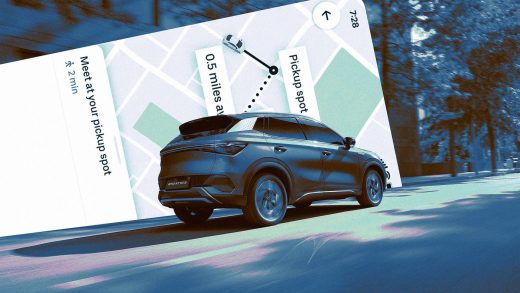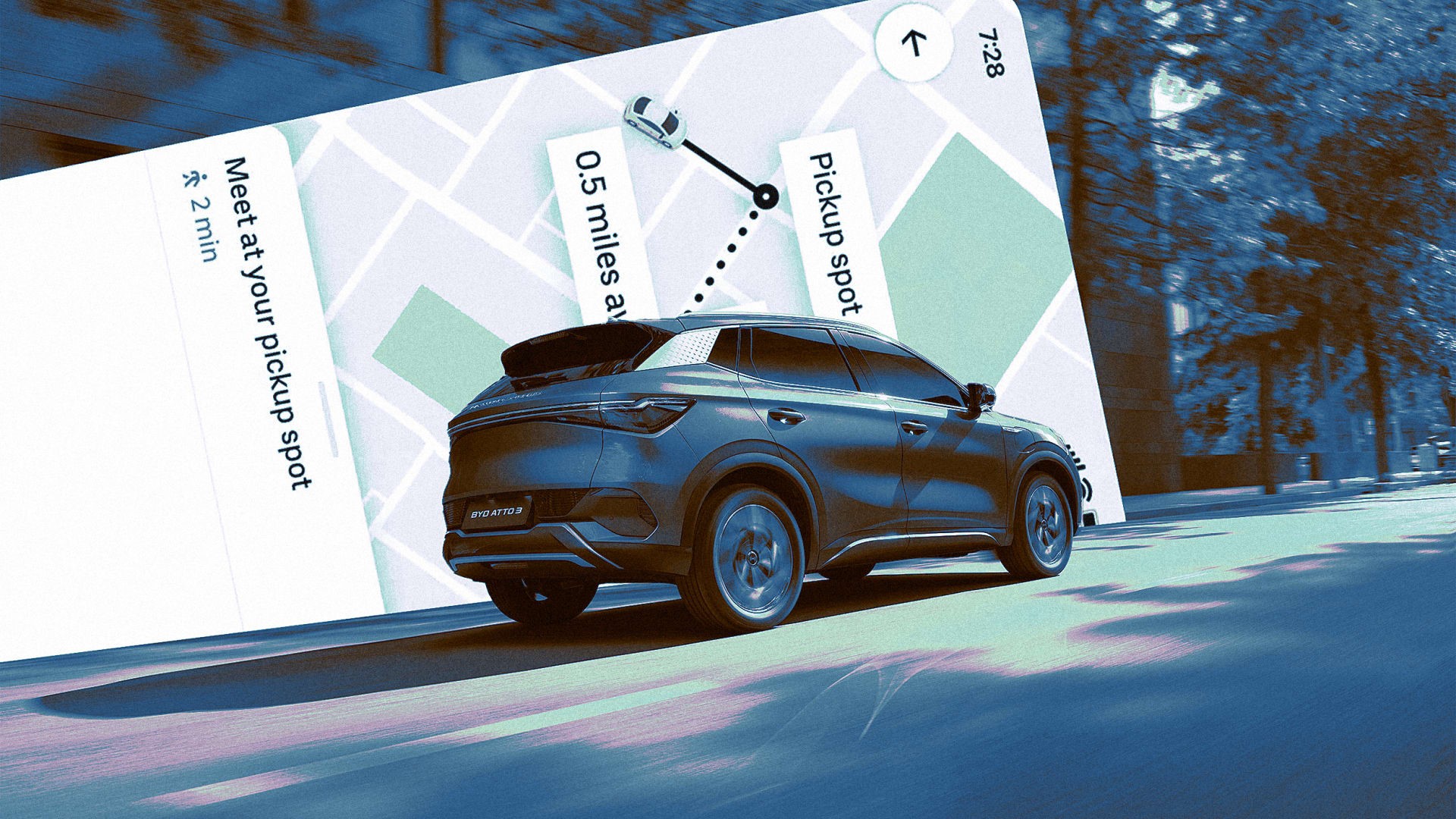Uber partners with China’s BYD to add 100,000 EVs—except you can’t get them in the U.S.
Uber partners with China’s BYD to add 100,000 EVs—except you can’t get them in the U.S.
The EVs will be available to drivers around the world, just not in the U.S.
Uber is putting 100,000 new electric vehicles on its platform through a new partnership with Chinese EV company BYD—but U.S. drivers for the ride-hailing service will miss out.
The multiyear partnership will offer lower prices and financing options for BYD cars to Uber drivers in Europe and Latin America, before expanding to markets across the Middle East, Canada, Australia, and New Zealand.
“By working together, the companies aim to bring down the total cost of EV ownership for Uber drivers, accelerating the uptake of EVs on the Uber platform globally, and introducing millions of riders to greener rides,” the companies said in a statement.
Through this partnership, Uber drivers could get discounts on charging, maintenance, insurance, and lease offers. The two companies will also collaborate on “future BYD autonomous-capable vehicles” to be deployed on the Uber platform. Uber CEO Dara Khosrowshahi said last year that self-driving cars could eventually make up 20% of the service’s drivers, and bring prices down.
Uber and EVs
The partnership between BYD and Uber is another step in Uber’s efforts to transition its ride-hailing fleets to EVs. The company has a goal for its operations to reach zero-emissions globally by 2040—though for the U.S., Canada, and European cities, it aims to reach that by 2030.
Uber has previously worked with Revel in New York City, and offered incentives to get drivers to switch to EVs, like higher pay rates and even $2,000 toward the purchase of a Tesla. In 2022, Uber also partnered with Hertz to make 50,000 Tesla EVs available to rent to Uber drivers, and in 2023 expanded that partnership to bring 25,000 EVs to European cities.
It has focused on the charging network as well, working with charging providers to give discounts to drivers, and even, in London, investing millions in public EV chargers. (In London, Uber wants every car on its app to be fully electric by 2025.)
BYD and the rise of Chinese EVs
The partnership with BYD is another sign of the Chinese EV company’s success. BYD, which makes EVs that sell for as little as $10,000 in China, has become the world’s biggest EV seller—overtaking Tesla in late 2023.
BYD was an attractive partner to Uber in part because of its affordable EVs, but also because BYD vehicles have lower maintenance costs, strong battery performance, and come in a wide range of models, the companies said in a statement.
The fact that the U.S. is excluded from the partnership underscores tensions around Biden administration’s import tariffs, or the taxes on goods brought from another country. In 2024, tariffs on EVs from China rose from 25% to 100%. Those tariffs, which limit the likelihood that Chinese EVs will be sold in the U.S., are meant to support U.S. manufacturing—but experts say that effort comes at the expense of the broader EV transition.
Cost is still among the biggest barriers when it comes to drivers transitioning to EVs. The average price of an EV in the US. is around $56,000, according to Kelly Blue Book (though some put that figure closer to $40,000). Some U.S. automakers are working on low-cost EVs, though, aiming for around $25,000, including Ford and Jeep.
BYD has hiked its export prices, but the growth of its more affordable EVs is still seen as a potential threat to the broader auto industry. Earlier this year, Tesla CEO Elon Musk said that if there weren’t trade barriers, Chinese EVs “[would] pretty much demolish most other car companies in the world.”
ABOUT THE AUTHOR
(9)



